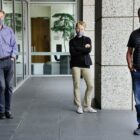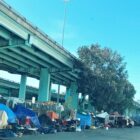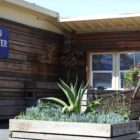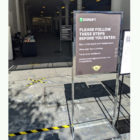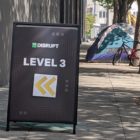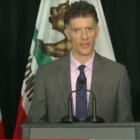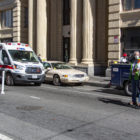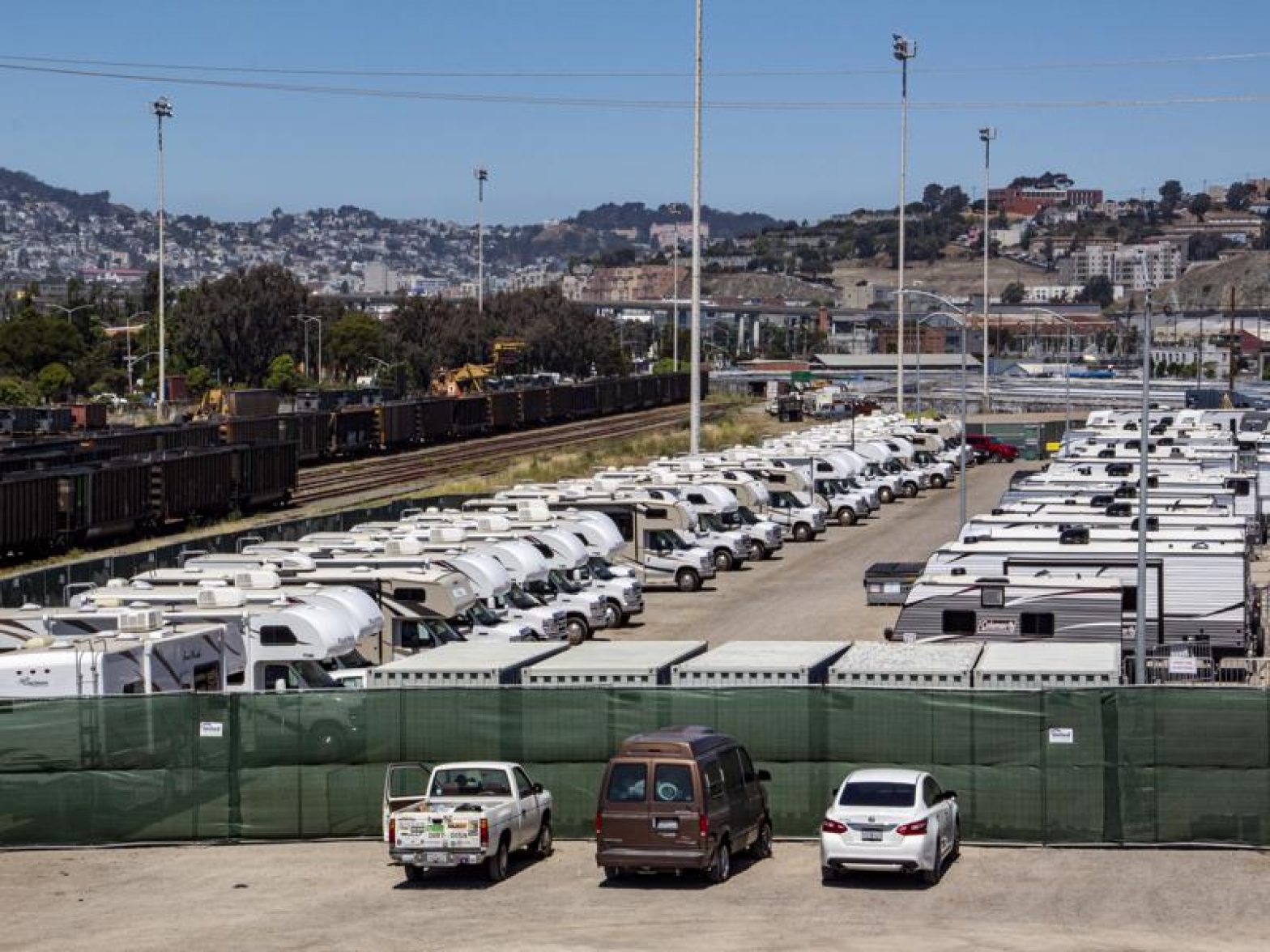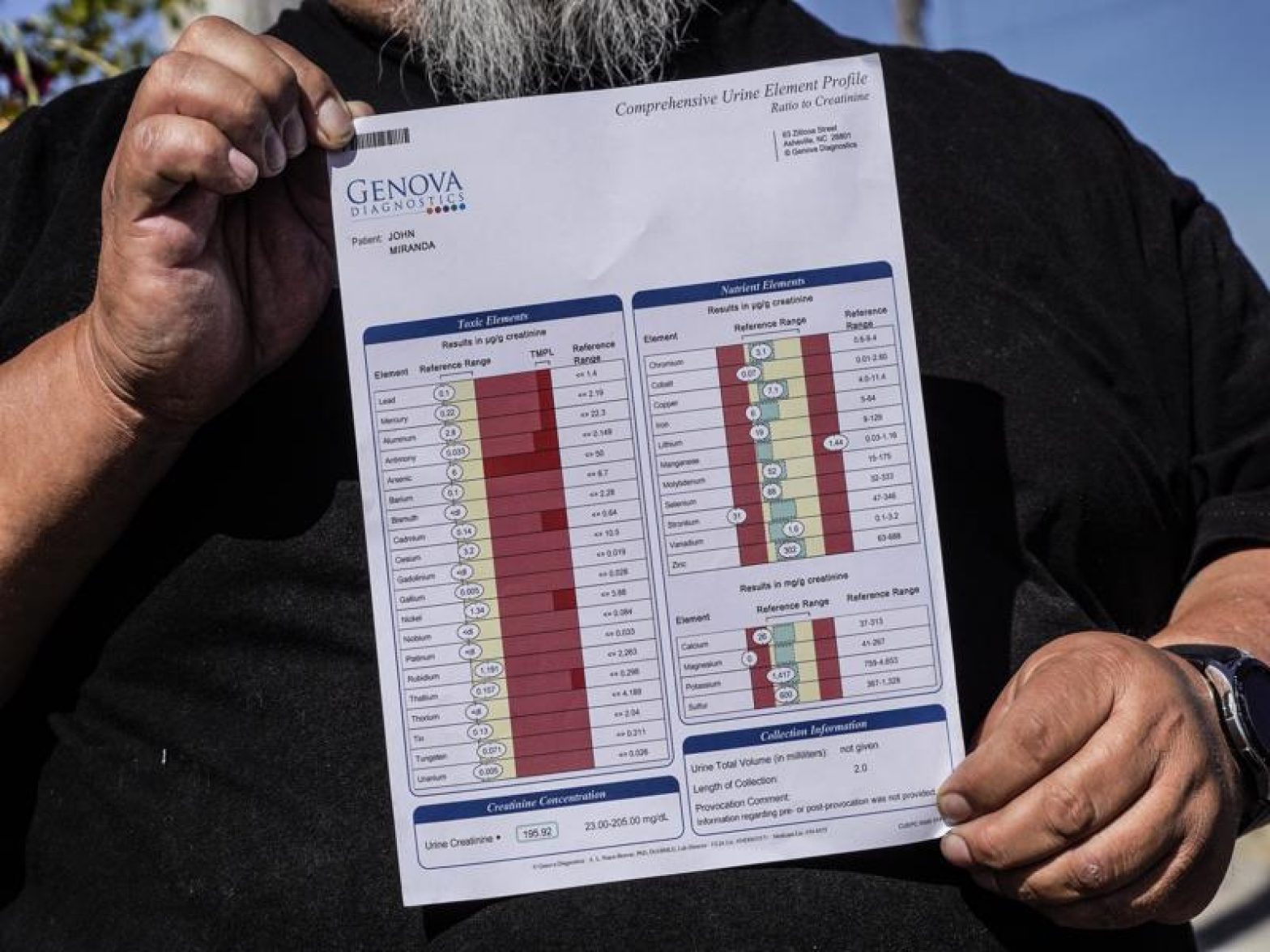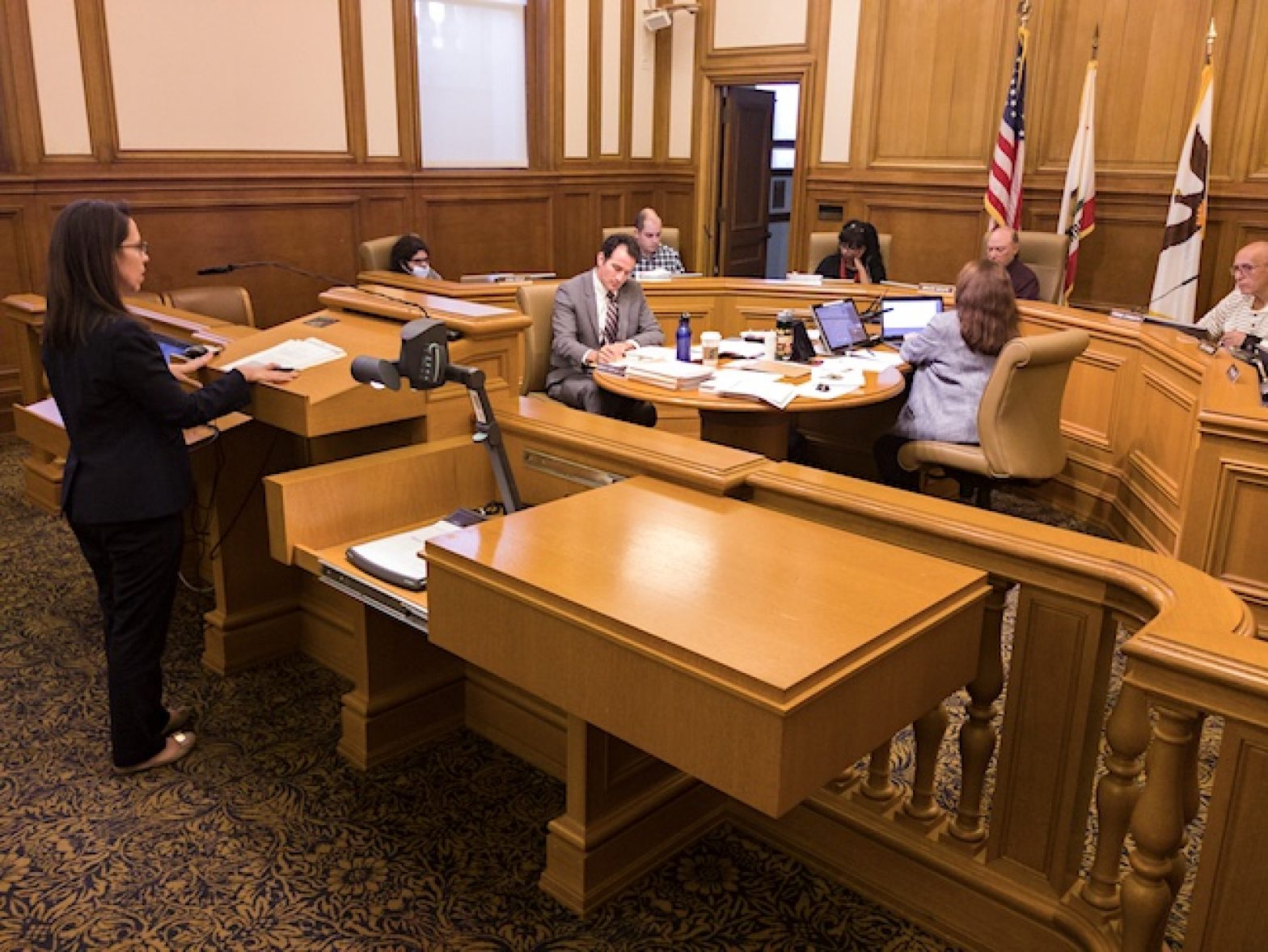Coronavirus
While We Wait: COVID-19 Research Beyond Vaccines
Scientists in San Francisco have made significant discoveries in recent months about the impacts of COVID-19 as well as prevention and treatment of the disease. For one thing, they’ve discovered how SARS-CoV-2 — scientific shorthand for the coronavirus that’s causing the pandemic — slashes through muscle fibers in the heart. In another advance, researchers at the University of California, San Francisco have developed a nasal spray with the potential to prevent infected people from developing full-blown cases of the disease. One major driver of the advances has been an unprecedented level of collaboration.
